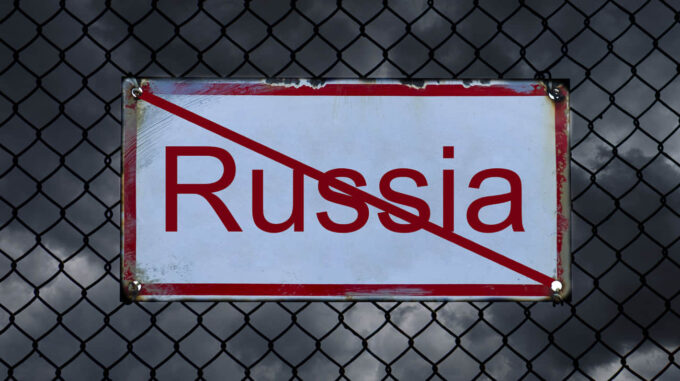Several European Union countries intend to strengthen their security policies regarding Russian citizens, potentially linked to Russia’s aggression against Ukraine

As part of cooperation and considering current geopolitical challenges, the Baltic States, Northern European countries, and Poland expressed a joint position on June 19 during a meeting in Tallinn to impose possible restrictions on entry to the Schengen Area for Russian citizens involved in destabilizing the situation in Ukraine and engaged in killings and destruction. This represents another step in Europe's targeted policy aimed at reducing Russia's influence within the region and enhancing security. According to Igro Taras, Estonia's Minister of Internal Affairs, Russia has hundreds of thousands of citizens who participated in military actions against independent European states. “We must take an unequivocal stance and confirm that these individuals have no right to travel freely within the Schengen Area. We do not plan to issue them residence permits, visas, or other documents that could pave their way to Europe because the activities of their group, which have destroyed and killed, pose a serious threat to the security of all residents in our region,” the minister emphasized. He added that such a ban should remain in place regardless of whether active military operations in Ukraine have concluded. It is noted that this issue was discussed in a close format with European colleagues and representatives of the European Commission. Participants in the negotiations included EU Internal Security and Migration Commissioner Magnus Brunner, as well as delegates from the Frontex border agency – the organization responsible for safeguarding the EU’s external borders. This demonstrates a high level of interest and coordination regarding security and migration issues. The background for these steps was a broad discussion on migration policy and security measures within the EU. Specifically, Polish Foreign Minister Radosław Sikorski recently expressed the conviction that the European Union should introduce restrictive measures against Russian diplomats – citing Poland and the Czech Republic as examples that have already taken such steps. Conversely, Hungary last year announced an initiative to expedite visa processing for citizens of eight countries, including Russia and Belarus, with simplified procedures and without stringent security checks. Budapest stated that many of these citizens would be constructing nuclear power plants using Russian technologies, which sparked significant outrage and criticism from other EU countries. In response, Hungarian Foreign Minister Péter Szijjártó assured that the decision to implement a simplified visa policy does not threaten the integrity of the Schengen Area or pose an immediate security risk to Europe. In summary, all these initiatives indicate the formation of more stringent approaches in European migration and security policies. The goal is to minimize internal security risks and prevent potential attempts to bypass established restrictions. At the same time, this move signals increasing geopolitical tensions between Europe and Russia, considering that active state representatives involved in confrontation with Russia also plan to act regarding the entry of Russian citizens, aiming to protect their populations and avoid potential threats.

